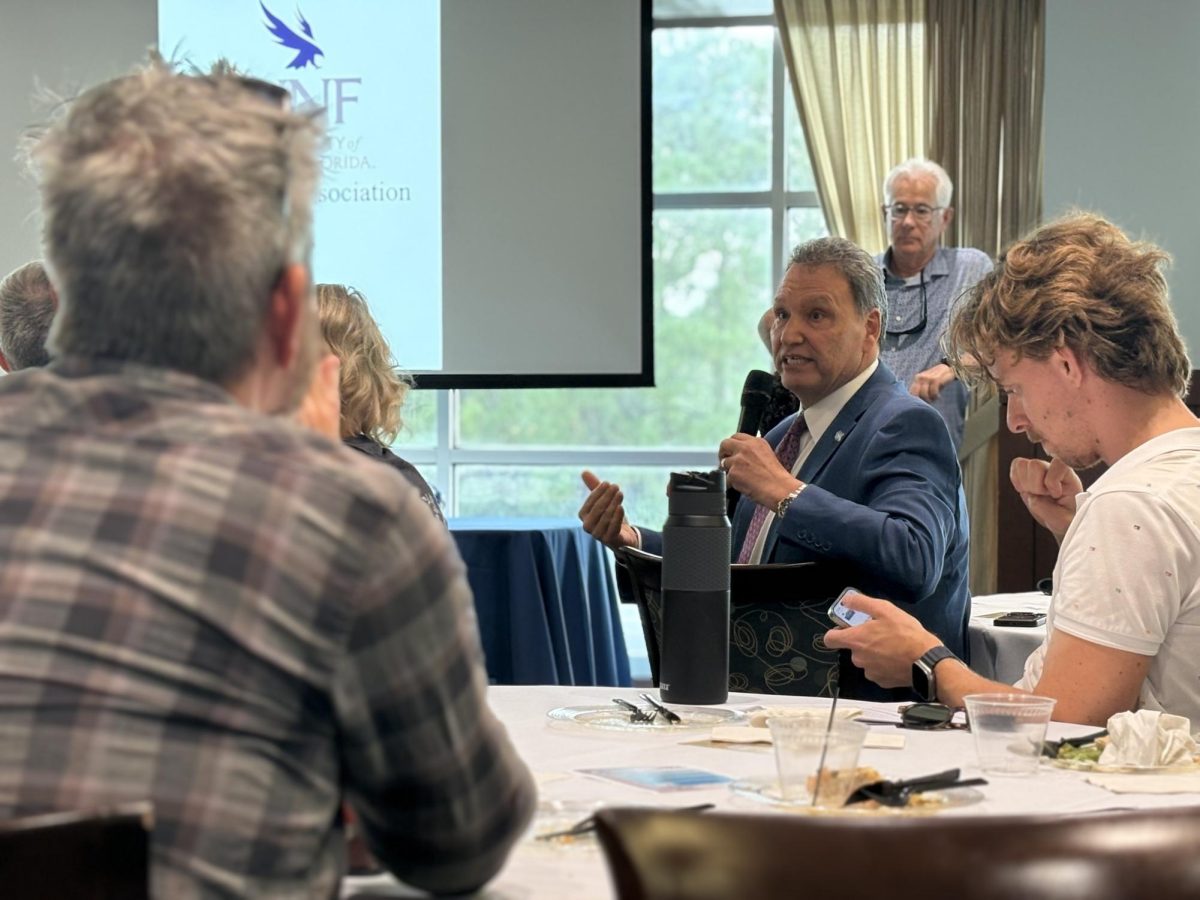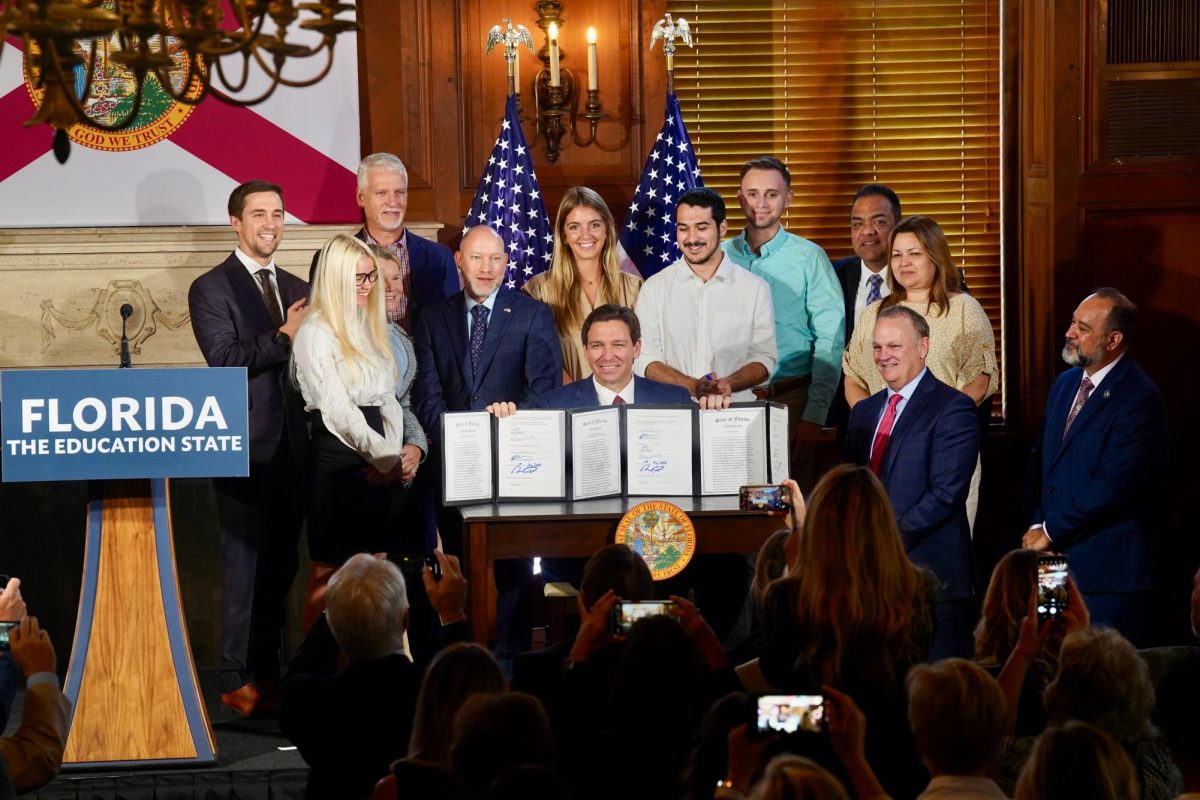This article expresses the views of its author(s), separate from those of this publication. Readers are encouraged to comment or submit a Letter to the Editor to share their opinions. To submit a Letter to the Editor, follow the instructions here.
Through my tenure as Budget and Allocations Chairman, I have had the pleasure of working directly with many of our RSOs to ensure that they are able to secure the funding they need to create memorable and unique experiences for their members. This, however, quite literally comes at a cost. It is my job to monitor the Travel and Special Request Indexes. Nobody is more aware than I that we have seen a substantial increase in the use of the Special Request Index and that it remains at an alarming level compared to previous years.
I do, however, disagree with the presentation of the proposed Title VIII changes by the Grosso-Sullivan Administration, in particular SG Chief of Staff Mitchell Aarons, who recently wrote a letter to the editor stating, “oversight is necessary for responsible financial management. Such barriers serve as checks and balances to ensure that resources are available for future needs and are not wasted recklessly. In a time when prudent resource management is crucial, it’s important to acknowledge the significance of fiscal responsibility.”
I do not disagree with the statement made by the Chief of Staff. However, the implication that the Proposed Title VIII changes were in any way going to be an effective change is misguided at best and disingenuous at worst.
To summarize, the proposed Title VIII changes would have implemented a cap on RSO use of the Special Request Index at $7000.00 per Special Request up to a total of two. The original proposed change required unanimous approval from both the B&A Committee and the Senate, which was originally denied and later amended to a 2/3rd majority. The issue with this change is that it does not meaningfully address the real issue.
To start, SG Treasurer Michael Barcal made the case in his presentation to the senate that the Special Request Index is much lower at this point in the year than it was in previous years; this was without mentioning that the Special Request Index this year started at $85,000, whereas in the previous fiscal year, it started at $122,337. As to who is using these funds, as of 10/20 the only RSOs to receive Special Request funds are the Swoop Troupe Theatre Club and Club Volleyball. Club Volleyball was granted $6,085.00, and Swoop Troupe Theatre Club (in totality this fiscal year) was granted $28,434.76 all in relation to putting on their production Carrie: The Musical. These amount to approx. 50% of funds used from the Special Request index.
The remaining 50% of funds encumbered from the Special Request Index originate from Student Government. A majority (approx 61%) of those funds were requested by the current Grosso-Sullivan Administration. I believe that our initiatives were worthy goals, but it calls into question why the administration would lay blame for depleting Special Request funds on our RSOs. I believe the way these changes are presented by the current administration is irresponsible and paints an incomplete picture of the Special Request Index’s situation.
In conclusion, while I agree with the SG Chief of Staff that fiscal responsibility requires nuanced debate, the proposed Title VIII changes were the legislative equivalent of a blunt axe hitting the wrong tree. In order to preserve the Special Request Index, SG needs to look inward at our own spending without placing blame on the students the Special Request Index is supposed to serve.
If you want senators who will advocate and fight for our RSOs, I am up for re-election this Semester. I encourage you to vote for me and the Unity Party on October 24-25th.
Jonah Vazquez is a current University of North Florida student and is serving as the chair of Student Government’s Budget and Allocations Committee. The Budget and Allocations Committee is where Registered Student Organization Special Funding requests are made.
Readers are encouraged to submit a Letter to the Editor for publication with Spinnaker. Spinnaker does not endorse any of the contents of a Letter to the Editor. To submit a Letter to the Editor, email editor@unfspinnaker.com.
___
For more information or news tips, or if you see an error in this story or have any compliments or concerns, contact editor@unfspinnaker.com.















